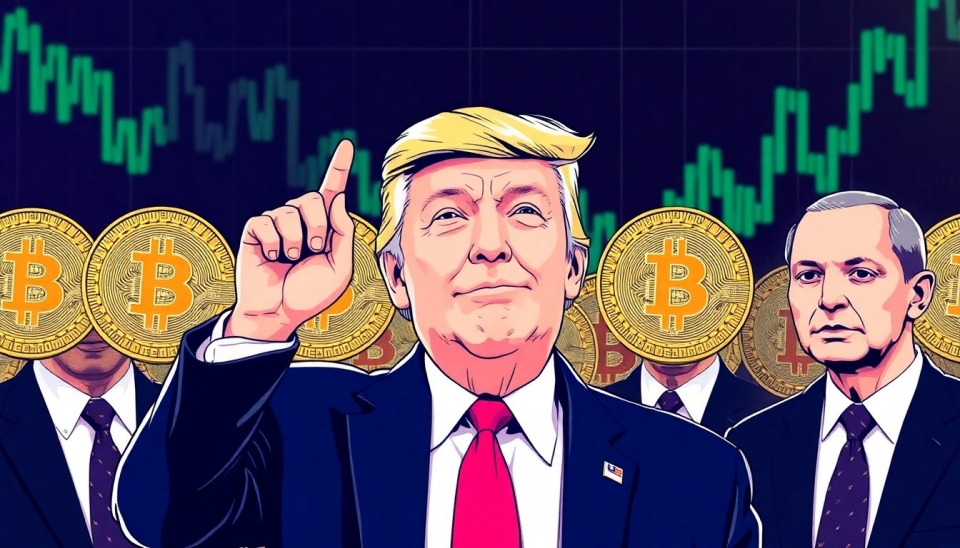
This week has proven to be dramatically challenging for Bitcoin (BTC), as it faces its most significant downturn since the market's reaction to Donald Trump's presidential victory in 2016. The cryptocurrency has registered a substantial decline, reflecting a shift in investor sentiment influenced by the Federal Reserve's monetary policy outlook.
Beginning on December 18th, Bitcoin's value has dropped significantly by over 10%, a stark decline that mirrored broader selling trends throughout the digital currency market. This downturn has sent ripples across various digital assets, showcasing how intertwined these markets are, especially when it comes to prevailing economic sentiments and expectations surrounding regulatory environments.
Market analysts attribute this sharp cryptocurrency drop to an evolving narrative surrounding the Federal Reserve, which has signaled that interest rates may remain elevated for a prolonged period. This outlook has raised concerns among investors about the potential for sustained economic stagnation and the impact it could have on speculative assets, including cryptocurrencies like Bitcoin.
The Fed's recent comments, hinting at a deliberate approach to manage inflation while balancing economic growth, have intensified fears that investment in higher-risk assets might be unjustifiable in a climate of fluctuating rates. Consequently, as financial conditions tighten, many investors are reevaluating their positions in cryptocurrencies that they perceive to be less stable compared to traditional assets.
Bitcoin’s performance has also been influenced by rising uncertainty regarding global economic stability. Market experts point out that an environment characterized by both potential recession and inflation leads investors to approach risk with caution. This mood shift has, alarmingly, led to massive sell-offs and discouraging trading volumes across exchanges.
Additionally, the sentiment on social media and among retail investors has taken a notable dip, with many expressing anxiety over possible further declines. As public confidence wanes, traders are leaning toward safer assets, further exacerbating Bitcoin's struggles amidst an already volatile economic landscape.
In the wake of these developments, some market watchers are asking whether Bitcoin's recent performance might signify the end of its bullish run or merely a correction in a fundamentally separate long-term trend. As the situation continues to evolve, investors will be keenly observing the Fed’s next moves and their impact on market dynamics.
In conclusion, while Bitcoin has historically shown resilience, the current economic climate poses substantial risks and uncertainty for its future. As economic indicators remain mixed and regulatory discussions continue, only time will tell how Bitcoin and the broader cryptocurrency market will navigate these tumultuous waters.
#Bitcoin #BTC #Cryptocurrency #FederalReserve #MarketTrends #EconomicOutlook
Author: Sophia Reynolds




